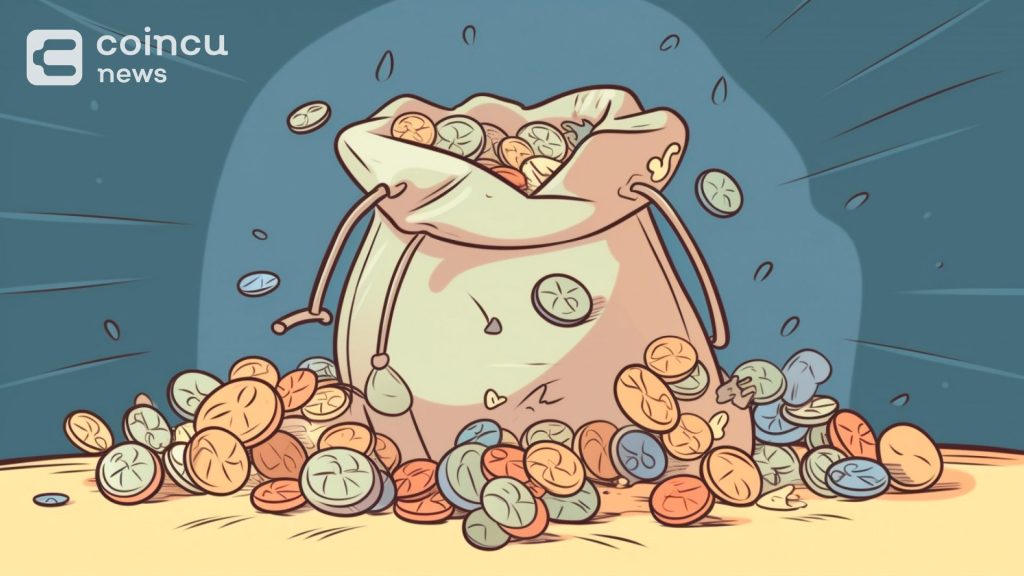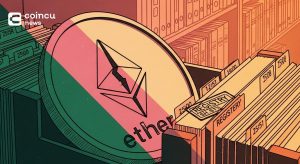BlackRock Tokenized Fund Now Attracts Attention From Large Institutions
Key Points:
- BlackRock tokenized fund sees widespread participation from traditional financial institutions.
- BNY Mellon, PWC, and Securitize play key roles in asset management, auditing, and tokenization, respectively.
- BlackRock’s venture into tokenization mirrors a broader trend in the industry, with giants like Citi and JPMorgan also exploring blockchain-based solutions.
Messari analyst Tom Dunleavy reveals that BlackRock tokenized fund sees significant uptake from traditional financial institutions.

BlackRock Tokenized Fund Garners Traditional Financial Institution Support
Spearheading this initiative, BlackRock serves as the investment manager, with BNY Mellon overseeing asset custody and management. PWC acts as the fund auditor, ensuring transparency and compliance.
Securitize steps in as the transfer agent and tokenization platform, managing tokenized shares and facilitating fund-related transactions. Anchorage Digital Bank NA, BitGo, Coinbase, and Fireblocks also join the fund’s ecosystem, emphasizing widespread industry involvement.
Traditional Finance Giants Embrace Tokenization
The BlackRock USD Institutional Digital Liquidity Fund, fully backed by cash, U.S. Treasury bills, and repurchase agreements, distributes yield daily via blockchain to token holders. Tokenization lies at the core of BlackRock’s digital asset strategy, offering investors benefits such as enhanced liquidity, transparent settlement, and cross-platform transfers.
BNY Mellon‘s involvement ensures interoperability between digital and traditional markets, further bridging the gap between traditional finance and blockchain technology. BlackRock’s foray into tokenization follows similar moves by industry giants like Citi, Franklin Templeton, and JPMorgan.
The BlackRock tokenized fund reflects a broader trend toward tokenization of real-world assets (RWA), where traditional investments like bonds and funds are converted into blockchain-based tokens.
The tokenization of physical assets becomes a key application case for blockchain technology as digital assets and traditional finance become more entwined. This provides investors with efficiency and accessibility across platforms.
| DISCLAIMER: The information on this website is provided as general market commentary and does not constitute investment advice. We encourage you to do your own research before investing. |





















